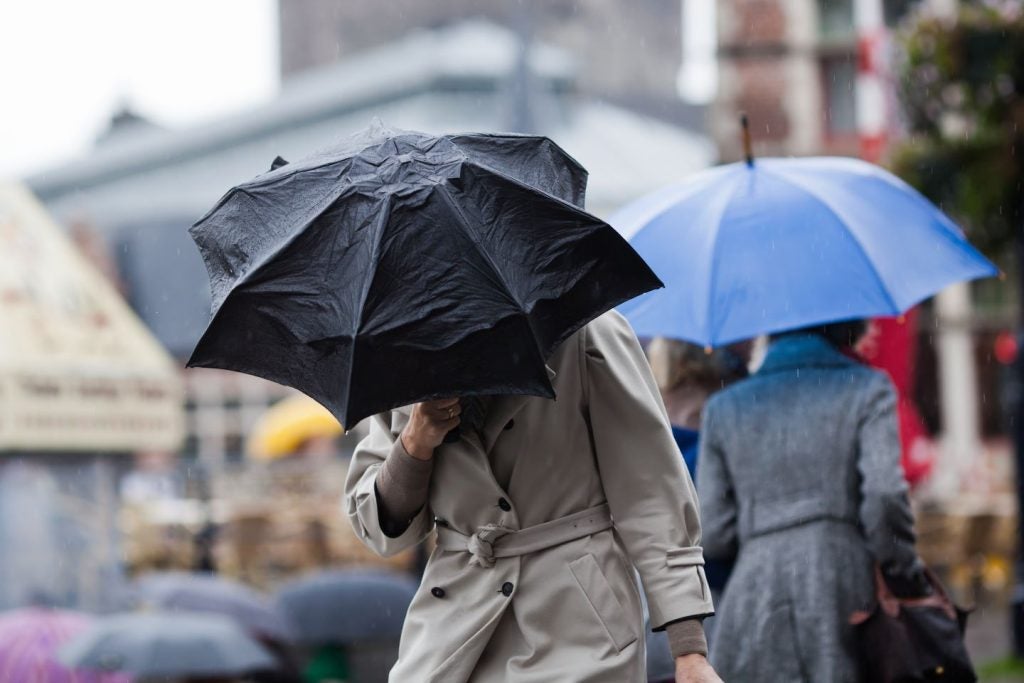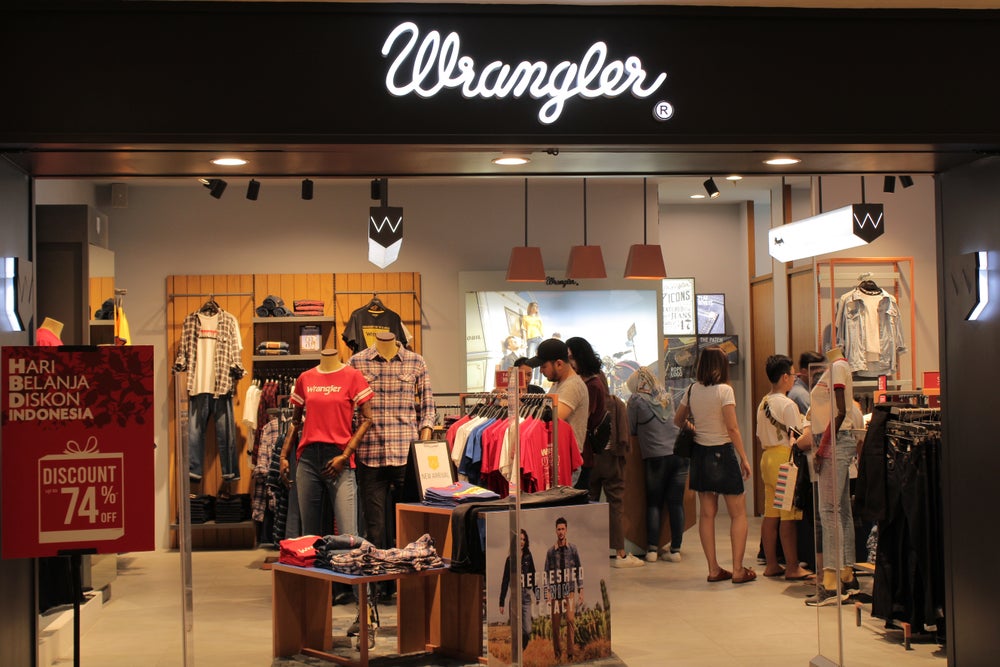
UK retailer Next Plc issued a bleak trading update this morning (29 April) demonstrating how the coronavirus outbreak has impacted its business so far. Product full-price sales for the period from 26 January to 25 April fell 41% and it is now anticipating a steep fall of up to 40% in full-year full-price sales, while cancelling stock it no longer needs and moving other inventory into future seasons.
Shares were down 1.65% in Next this morning to GBP47 per share. Some industry analysts have offered their thoughts on the latest news.
How well do you really know your competitors?
Access the most comprehensive Company Profiles on the market, powered by GlobalData. Save hours of research. Gain competitive edge.

Thank you!
Your download email will arrive shortly
Not ready to buy yet? Download a free sample
We are confident about the unique quality of our Company Profiles. However, we want you to make the most beneficial decision for your business, so we offer a free sample that you can download by submitting the below form
By GlobalDataSofie Willmott, lead retail analyst, GlobalData:
“Since it initially updated on its full-year outlook in mid-March, Next’s worst-case scenario has gone from bad to much worse with full-price sales now expected to fall up to 40% (versus its previous view of -25%), demonstrating how demand for clothing and footwear has dropped off a cliff. Considering Next was outperforming the market prior to Covid-19 hitting sales, helped by its strong online channel and wide product range, many clothing retailers will be performing much worse than it is and we expect more casualties over the coming months.
“Next is better positioned than other retailers to weather this unpredictable storm. Its wide assortment means that parts of its product range are more relevant to what shoppers want to buy at the moment, including childrenswear, loungewear and nightwear, athleisure and sectors other than clothing and footwear which are set to fare slightly better this year, like homewares. These areas offer it some protection from the slump in demand for occasionwear, workwear and trend items in general, while its clothing competitors that heavily focus on these areas are in trouble.”
Aneesha Sherman, analyst, AB Bernstein:
“Retail sales dropped by 52% in the trading period, not far off -50% expectations of consensus. Online was less-affected than the physical stores – with a 32% drop – with a recovery following the website re-opening. Nonetheless, Next described this fall as “faster and steeper than anticipated” in previous stress testing and the worst-case now assumes a 40% fall in full-year sales.
“In all of the company’s scenarios, the anticipated Q2 effect is worse than Q1 – will YoY full-price sales ranging from -50% to -62% – meaning the company is bracing itself for severe disruptions, even post-lockdown.”
Greg Lawless, analyst, Shore Capital:
“It is not an understatement to refer to this update as one of historic proportions in the magnitude of the downturn in activity and the expectations that the company sets out for the remainder of CY2020. Next remains a well-managed company to our minds with a history of strong financial and stock control with good cash generation.
“This Q1 FY2021 trading update highlights the brutal damage that the coronavirus crisis has inflicted upon current trade as well as its hangover through a prolonged bloated supply chain. If Next has been a little too optimistic about the impact of the lockdown upon its business, well what of the rest of the retail trade? We consider Lord Wolfson to be one of the more informed, astute and savvy operators in the UK retail scene.
“The outlook for the business though is very challenging, probably setting expectations in a sensible place to rebuild, but noteworthy and concerning, nonetheless. The shadow of coronavirus will be manifested on the group’s balance sheet, earnings and dividend flows for some time to come. FY2021 is a wipe-out year in terms of earnings and dividend and the question remains how quickly the company can rebuild in the wake of a consumer recession.”
Richard Lim, CEO Retail Economics:
“This makes for a sobering read and puts into context the size of the challenge at hand. The reality of the sales drop was worse than previously feared. It feels like the industry is coming to terms with a recovery that will undoubtedly be slow and protracted.
“As the focus now turns to a phased reopening of stores, significant investment will be needed to ensure the safety of staff and customers. Retailers will take a forensic approach to their store portfolios to decide which sites lend themselves best to reopening first with social distancing measures in place and stand the greatest chance of turning a profit.
“Understandably, consumers will remain anxious about shopping in crowded locations. Shopping has always been a social event, but new restrictions on our movement and personal interaction risk undermining the experience.
“The key question is whether consumers will be confident enough to return to shopping destinations when stores begin to reopen and whether the level of demand will be strong enough to make it commercially viable.”








